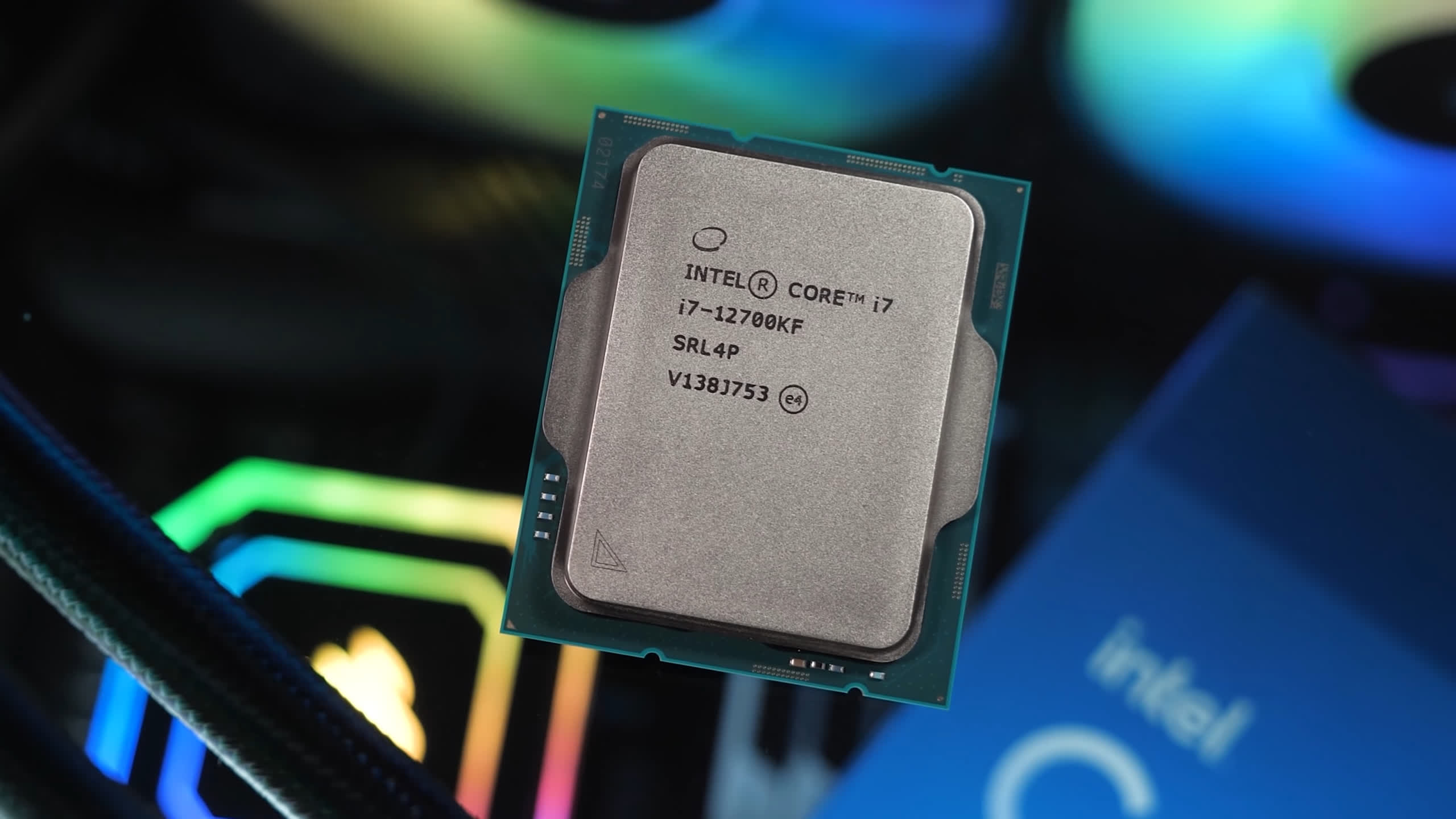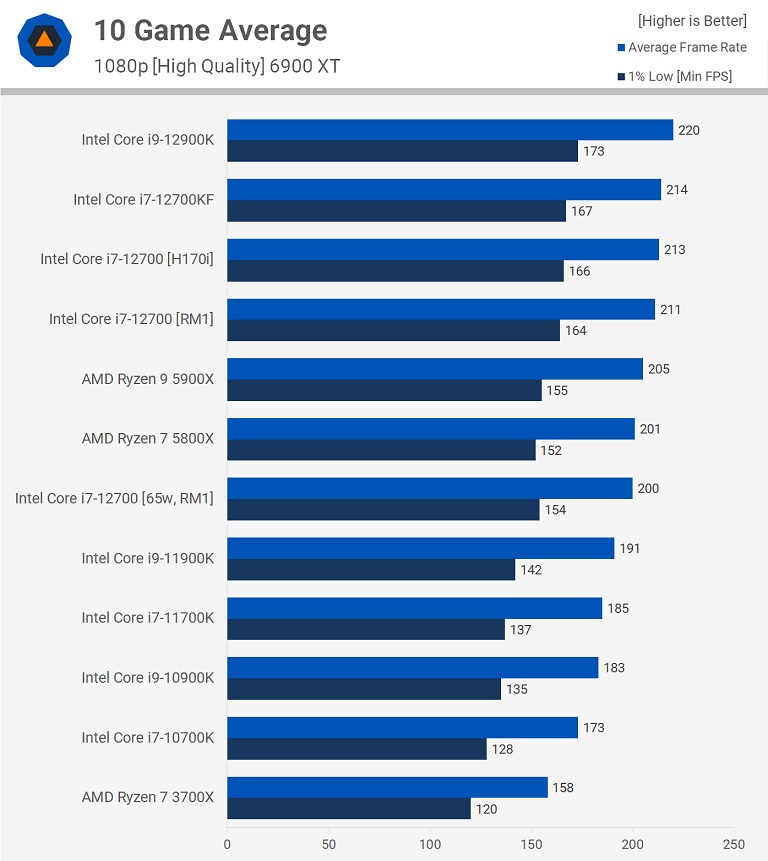What is better long term for gaming. It would seem real cores are almost always better than logical ones and all else being equal that is true I assume??
Though some say logical threads can be just as good.
Thing is Alder Lake P cores have slightly higher IPC than Zen 3 and sometimes modestly higher, but big advantage comes form manual all core overclock which is easier to obtain 5GHz or maybe more for P cores. Problem is Intel has only 8 of them.
Then there is 3D VCACHE 5800X which is 8/16 from AMD. Though no VCACHE versions unfortunately for 5900X nor 5950X.
So is more cores or more threads better?
First of all, in general when it comes to gaming, clock speed is king. So the faster clocking cpu, in general, regardless of core count, is going to perform better in most games, than a slower cpu with more cores. This is because over the course of history, 100% of all games utilize 1 or 2 cores, probably 33% utilize 4 or more, and probably 1% utilize 6 or more cores.... Obviously, with today's open world titles, a single or dual core cpu is not very feasible for the newer games, but to illustrate my point, in a linear style game, its very possible that an older cpu with less cores but a faster clock is going to outperform a newer cpu, with more cores but a slower clock. Now with how much physics we have in modern games, you really need at least 4 cores or you are going to struggle, and for a high end gaming experience, you really need at least 4 cores hyperthreaded or 6 physical cores these days for most modern games. It mostly boils down to how much physics the cpu has to calculate, the more moving objects in a bigger world, the more AI, the more NPC's, the harder that is. In general, physical cores are better than virtual cores. In my experience, i5's (no HT) have been way more efficient gaming cpu's than i7's (HT). I've had more trouble and more heat with i7's, the i5's seem to just work well. But there are many more factors other than core count. Also, you really have to consider MOBO compatibility and chipset features as well when making this decision, if you go with a beefier CPU you need a beefier Motherboard with bigger heat sinks around the CPU socket. But just to answer your question, as it pertains to CPU core count and gaming, without knowing anything else as to what generation or chipset these hypothetical cpu's are, I would say 8 physical cores is plenty enough for modern games, so go with whichever option gives you a higher clock speed, will probably be your better performer. I'm guessing its the 8 core.... Just read Gam3r1's answer, pretty spot on, Last thought, these will probably perform very similarly in most games, so its a perfectly reasonable option to go with whichever is cheaper, that one probably also has a lower TDP, then you can also justify getting a cheaper board, and you'll probably be more satisfied overall, then going with the higher end option, paying more, possibly wrestling with heat....



